Bentonite Clay
Deep beneath the Earth’s surface lies a remarkable material, Bentonite clay, celebrated for its exceptional versatility and unique properties. While it might not be a household name, Bentonite clay is a crucial ingredient in various applications, ranging from civil engineering to cosmetics. In this comprehensive exploration, we’ll unearth the world of Bentonite clay, revealing its diverse uses and its pivotal role in Geosynthetic Clay Liners (GCLs), while also touching upon its broader applications.


The Essence of Bentonite Clay
Bentonite is a type of absorbent aluminum phyllosilicate clay, primarily composed of montmorillonite. It is formed over geological timescales by the weathering of volcanic ash and can be found in abundant deposits worldwide. What sets Bentonite apart is its remarkable ability to swell and retain water, making it a highly sought-after material.
Bentonite’s Geotechnical Marvel: GCLs
One of Bentonite clay’s crowning achievements is its contribution to Geosynthetic Clay Liners (GCLs). These innovative materials have revolutionized environmental engineering, particularly in the realm of landfill containment and environmental protection.
GCLs in Landfills: GCLs are a composite geosynthetic material consisting of layers of geotextiles and Bentonite clay. The unique properties of Bentonite clay play a pivotal role in GCLs’ effectiveness. When hydrated, Bentonite clay swells to many times its dry volume, forming a dense, impermeable barrier that prevents the leakage of hazardous substances from landfills into the surrounding environment.
Beyond Landfills: GCLs are also used in various other applications, such as lining reservoirs, canals, and ponds, as well as in the construction of underground storage tanks. They offer a cost-effective and environmentally friendly solution for containment and sealing in a variety of scenarios.
The Bentonite Advantage: Versatility and Beyond
Bentonite clay’s contributions extend well beyond GCLs:
1. Drilling Fluids: Bentonite is a vital component of drilling fluids used in the oil and gas industry. Its ability to control pressure, cool drill bits, and remove drill cuttings from boreholes enhances drilling efficiency.
2. Cosmetics: Bentonite’s absorptive properties make it an ideal ingredient in cosmetics, skincare products, and spa treatments. It helps cleanse the skin, remove impurities, and promote a healthy complexion.
3. Pharmaceuticals: Bentonite clay is used in pharmaceutical formulations as an excipient, binder, and disintegrant in tablet and capsule preparations.
4. Cat Litter: Its clumping ability and odor-absorbing qualities have made Bentonite clay a popular choice in the manufacturing of cat litter.
5. Wine Clarification: In winemaking, Bentonite is employed as a fining agent to remove undesirable substances and clarify wine.
6. Environmental Remediation: Beyond GCLs, Bentonite is used in environmental remediation projects to treat contaminated soil and groundwater, a testament to its ability to mitigate environmental challenges.
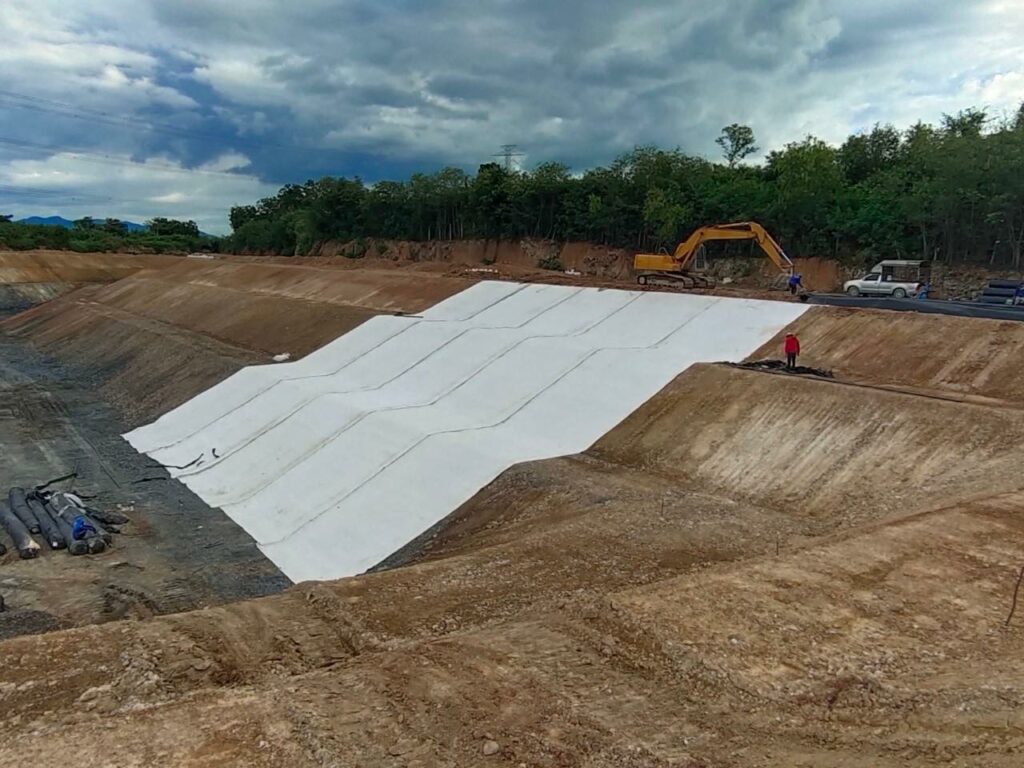

Bentonite’s Sustainable Edge
Bentonite clay aligns with sustainability goals. Its natural abundance and versatility reduce the need for more resource-intensive materials in various applications. Additionally, its role in containment solutions like GCLs helps safeguard the environment by preventing the spread of contaminants.
In conclusion, Bentonite clay, often hidden beneath the Earth’s surface, is an unsung hero in engineering, construction, cosmetics, and more. Its unique properties, especially its ability to swell and retain water, have transformed industries and led to innovative solutions. As we continue to seek sustainable answers to global challenges, Bentonite clay remains a valuable resource, providing both a shield and a foundation for progress in diverse fields.
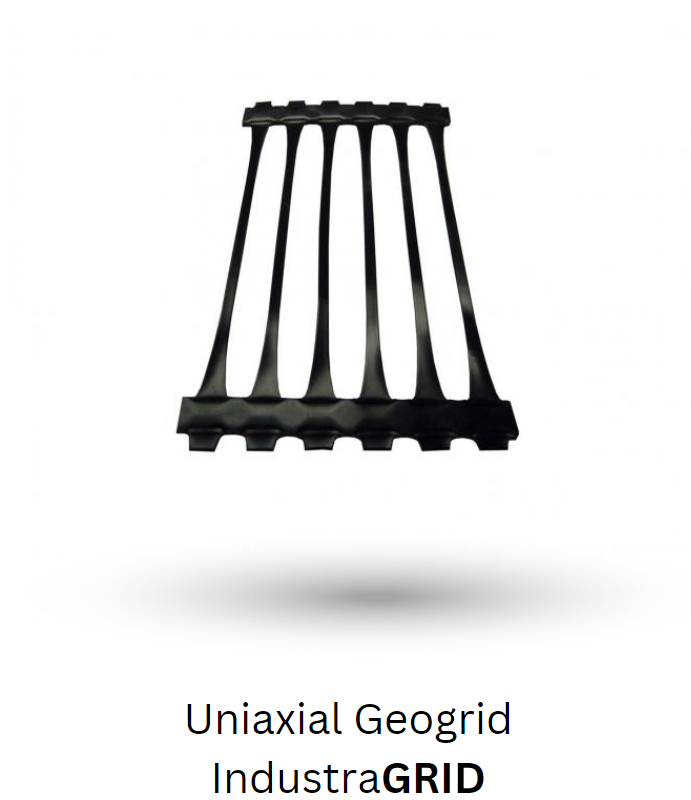

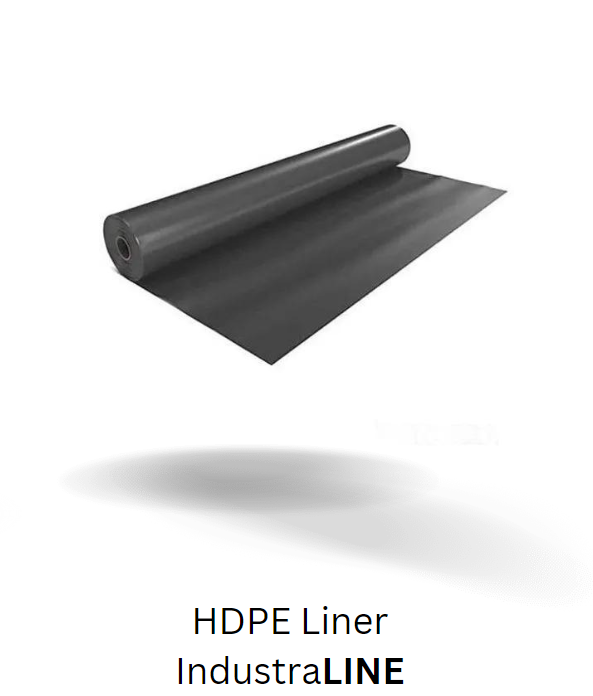

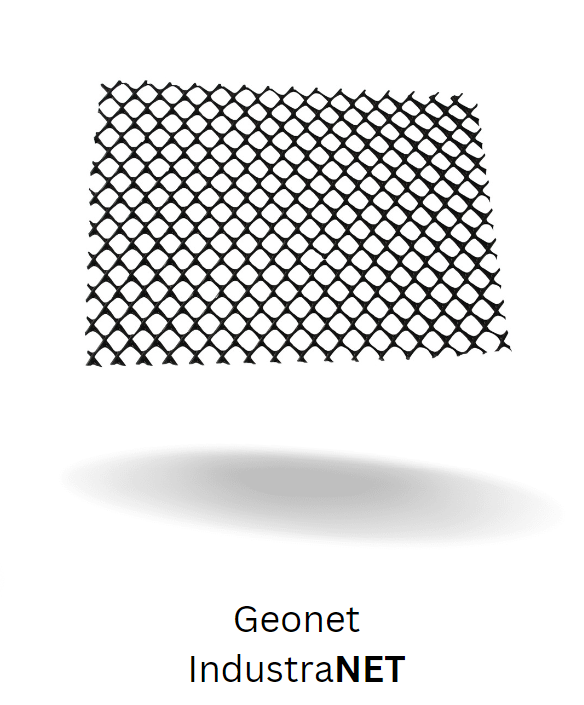

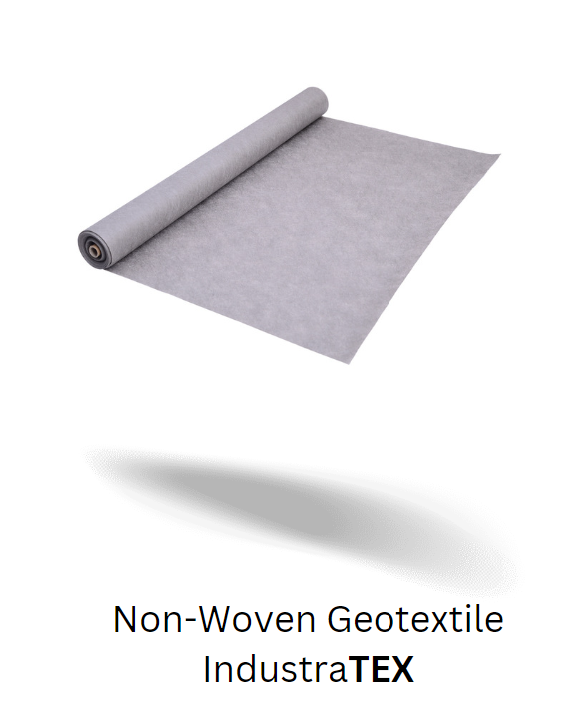

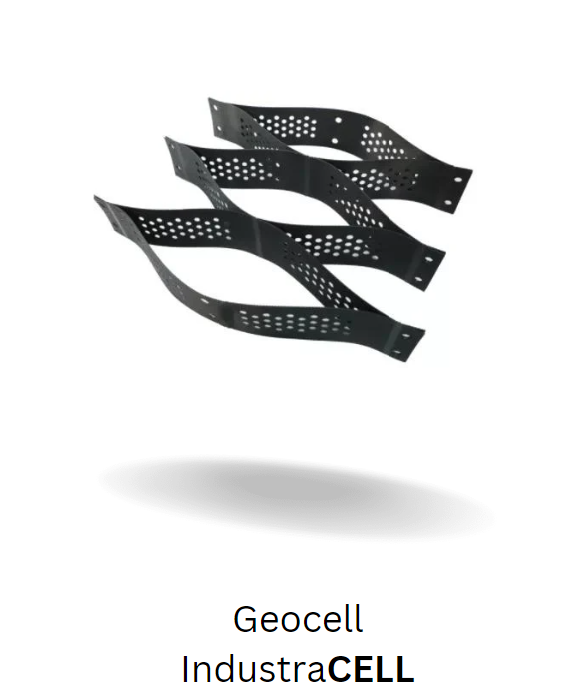

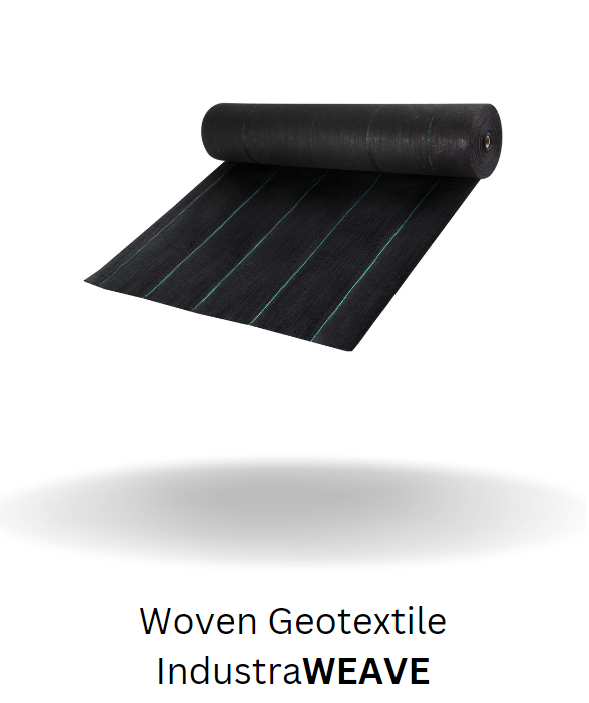

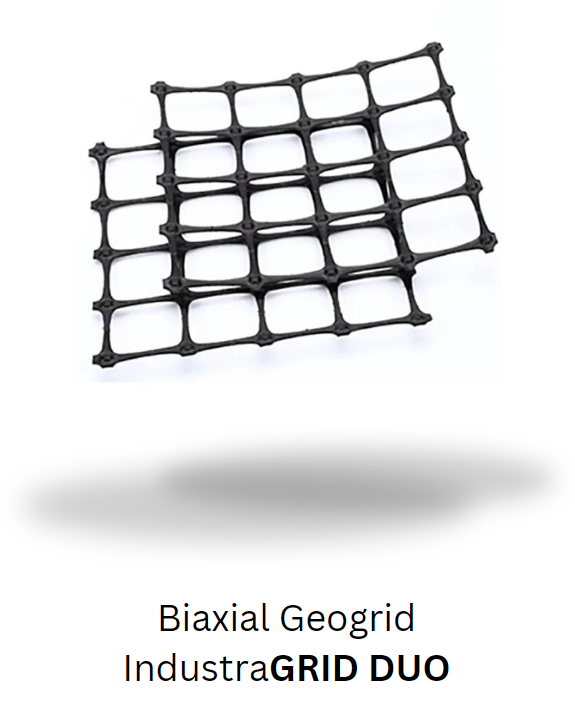

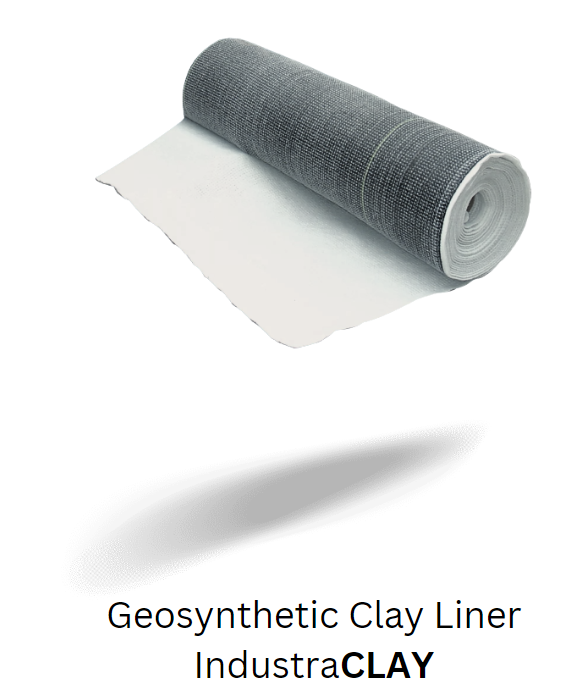

Looking for custom plastic fabrication? Why not check Industrial Plastics, Australia’s Premier Plastic Fabricator!
